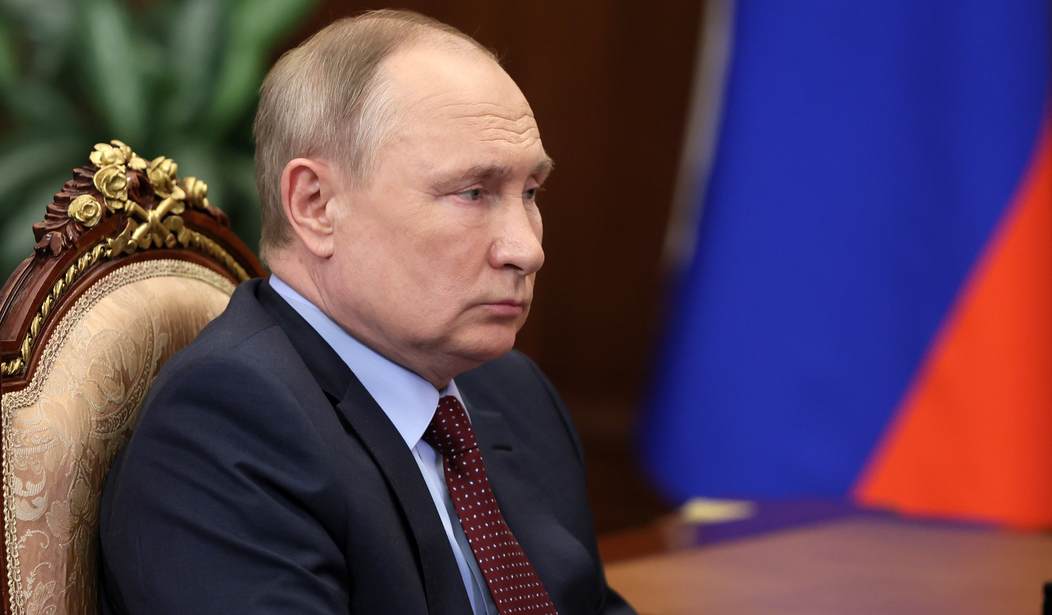Perhaps one has to be of a certain age to appreciate the signals coming from Russia out of Ukraine. This war is very different from any other war fought by Russia in the last 20 years and, as such, makes conventional wisdom about Russian President Vladimir Putin obsolete.
The reason why that is significant is that Putin has made it clear in no uncertain terms where and when he might use nuclear weapons — tactical or strategic. The very language he uses crosses the line on strategic ambiguity — the credo of nuclear deterrence since the 1950s. And the more he talks about it, the easier it is for him to eventually cross the line and use them.
Peggy Noonan tries to answer the question, “why”?
Why would Vladimir Putin use tactical nuclear weapons? Why would he make such a madman move?
To change the story. To shock and destabilize his adversaries. To scare the people of North Atlantic Treaty Organization countries so they’ll force their leaders to back away. To remind the world—and Russians—that he does have military power. To avoid a massive and public military defeat. To win.
There would be riots in the streets of Paris, London, Athens, and probably several other cities. Leftists would carry signs saying, “I Don’t Want to Die!” — as if anyone does.
Ukraine would probably not surrender, but it wouldn’t matter. NATO would politely excuse itself and leave the room, suddenly remembering a previous engagement.
There are signs the Russians are deliberately creating a historical paper trail, as if to say they warned us. On Monday Foreign Minister Sergei Lavrov said the risk of nuclear conflict is “serious” and “should not be underestimated.” Earlier, Anatoly Antonov, Russia’s ambassador to Washington, sent a formal diplomatic note to the U.S. saying it was inflaming the conflict. The Washington Post got a copy. It said shipments of the “most sensitive” weapons systems to Ukraine were “adding fuel” to the conflict and could bring “unpredictable consequences.”
The U.S. remains sanguine. “We continue to monitor their nuclear capabilities every day the best we can and we do not assess that there is a threat of the use of nuclear weapons and no threat to NATO territory,” one U.S. official, speaking on the condition of anonymity, told Reuters.
Joe Biden is asking Congress for $33 billion more in military and economic aid. We’re obviously in this war for the long haul. So is Russia. Noonan offers a chilling analysis of why Ukraine isn’t a “sideshow” like the Middle East. It’s the “Main Event,” and Putin is playing for keeps — and for his place in Russian history.
In October he will turn 70, and whatever his physical and mental health his life is in its fourth act. I am dubious that he will accept the idea that the signal fact of its end will be his defeat by the West. He can’t, his psychology will not allow it.
It seems to me he has become more careless, operating with a different historical consciousness. He launched a world-historic military invasion that, whatever his geostrategic aims, was shambolic—fully aggressive and confident, yet not realistically thought through. His army wasn’t up to the task. It seemed thrown together, almost haphazard, certainly not professional.
How much of this is a mirage and how much is real? It doesn’t matter. We have to treat what Putin is saying with the dead seriousness that it deserves.










